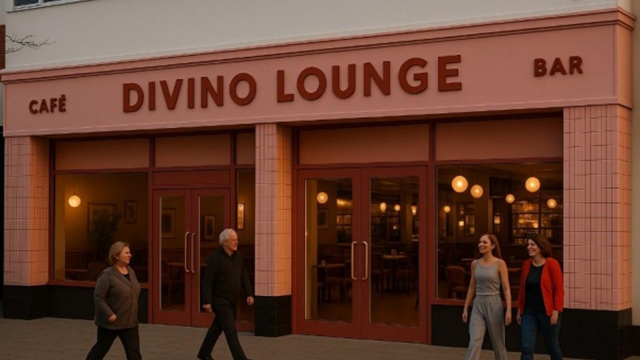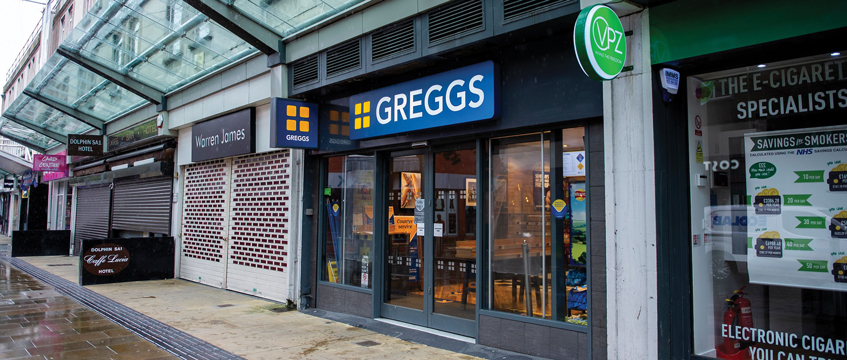Greggs received widespread media coverage by posting bumper profits while at the same time seeking so-called Covid clauses in its leases. It bounced back from lockdown last year with people flocking to the high street baker to buy sausage rolls and other treats. The company made a pre-tax profit of £55.5m in the 26 weeks to 3 July 2021, compared with a £65.2m loss for the same period last year. It is reported that it has plans to open 100 new shops. Meanwhile, it has reportedly said that it wants Covid rent suspension clauses added to its leases going forwards. The outrage seems to be that, though Greggs’ business has bounced back, landlords have lost out by granting rent concessions, have no way to recoup the hit they took, and now cannot resist these clauses which have become the new market standard.
But is that the whole story? Greggs is one of the few businesses on the high street in expansion mode, so landlords will understandably be keen to attract them. Landlords may well agree to generous Covid-related provisions for Greggs, but that’s just a reflection of the market strength of this particular tenant.
There is nothing to oblige landlords to concede these clauses, and it is open to landlords to frame them in more or less generous ways. The wording in any Covid rent suspension clause is a matter of negotiation between the landlord and the tenant in each case, and the clauses themselves have evolved as fast as the virus. Various iterations can be found.
What do these clauses do?
Initially, such clauses were in the form of side letters granted by sympathetic landlords as personal concessions, but now tenants are requesting them in new leases or renewal leases. It probably represents the quickest change to lease wording since the acceptance of the concept of “uninsured risks” 20 years ago. This is surprising as it isn’t clear yet that they will be regarded as institutionally acceptable to investors or lenders.
The drafting seems to have been inspired by the traditional rent suspension clause in leases which trigger the rent suspension if the premises are unusable. These new terms cover premises unusable not due to traditional damage or destruction, but because of future lockdowns, often defined as any mandatory measures imposed by central or local government to prevent the spread of coronavirus.
One trend is in shopping centre leases where tenants have been asking for rent reduction if their business is impacted as a result of the closure of other shops. The recent county court case WH Smith Retail Holdings Ltd v Commerz Real Investmentgesellschaft MBH [2021] PLSCS 68 concerned whether such a clause should be inserted in the context of a business lease renewal under the Landlord and Tenant Act 1954.
WH Smith had a problem because it was an essential retailer and ran a post office inside its store. It was never likely that government restrictions would force it to close, but other shops around it in Westfield Shepherd’s Bush were non-essential retailers that closed in previous lockdowns. The resultant lack of footfall led to a 90% drop in sales for WH Smith. The judge agreed with WH Smith that the trigger should be closure of other units rather than WH Smith itself. The rent wasn’t suspended but there would be a 50% reduction.
Tellingly, it was common ground between the landlord and tenant that the renewal lease should have a Covid rent suspension clause and that such clauses had become the market standard in retail leases (at least ones in shopping centres); they were merely arguing over the specifics of when the provision would be triggered.
Key considerations for landlords
If it is accepted that Covid rent suspension clauses are here to stay, what points should landlords bear in mind to try to avoid the bad aftertaste the landlords of Greggs have allegedly been left with?
- The landlord could agree that rent isn’t suspended, but that it is deferred and that it will be paid back at a later date once the lockdown has lifted.
- In the case of the shopping centre where the tenant is an essential retailer, the trigger could not just be that the other non-essential shops are required to be closed. It should be that such closure results in a demonstrable reduction in trade for the tenant. This might be reduction in footfall or in turnover. Such provisions are becoming increasingly sophisticated. The landlord could require the reduction to be above a certain threshold.
- Some tenants seek wording covering any other epidemic or pandemic. The landlord will wish to limit it to coronavirus, rather than introducing even more uncertainty.
- The landlord could limit the period of suspension, so that rather than ending when a period of lockdown lifts, it is the earlier of that date and an agreed maximum timescale.
- The landlord could agree that if the tenant actually uses the property during the period of a government measure then it won’t receive a rent suspension. This would avoid the tenant benefiting if it was in breach of statute and/or the lease.
Now that Covid clauses are finding their way into leases, we are seeing landlords being extremely careful over the wording of such provisions, which in some cases they weren’t during the initial panic of the pandemic. The exact agreement will always depend on the relative bargaining power of the landlord and tenant.
Ben Dunbar is a senior associate at Wedlake Bell LLP











